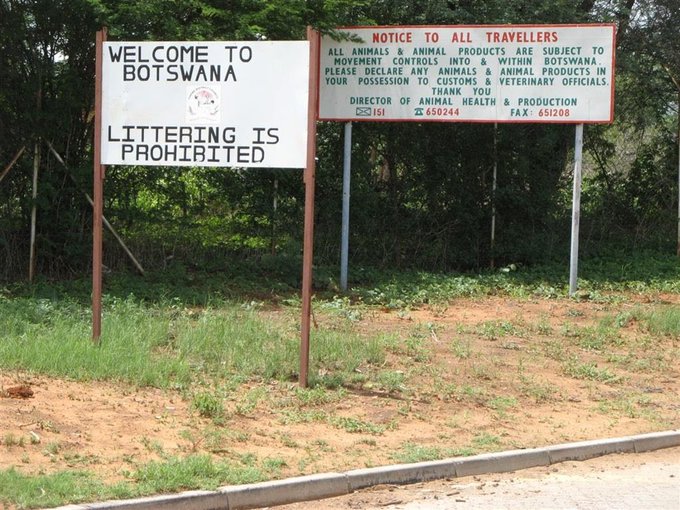By Dumisani Nkomo
Villagers in Bulilima Ward 10 face a myriad of challenges in the face of Covid-19 which makes life unbearable. The Ward borders Botswana to the South West of Zimbabwe.
Lockdown measures undertaken by the two countries have seen the closure of the Maitengwe border post. The closure of the border has eroded the purchasing power of locals who prefer to purchase cheaper essential goods from shops in neighboring Botswana. Now the villagers have to succumb to exorbitant speculative price hikes from local Zimbabwean shops.
Besides sharing a boundary of economic opportunities, Zimbabwe and Botswana share hundreds of elephants that cross between the two countries at seasonal intervals.
Recently a heard of elephants crossed over from Botswana into Zimbabwe resulting in the destruction of crops and infrastructure. The elephants invade fields in Zimbabwe overnight and migrate to Botswana upon daybreak.
Efforts to deal with the problematic mammals are moving at a snail pace owing to the lockdown in both countries. Villagers have also been struggling to use indigenous knowledge systems to wade off the jumbos.
Access to information on Covid-19 is a challenge due to poor mobile phone networks and the absence of radio and television broadcast signals. Communities rely on radio stations from neighboring Botswana which rarely convey news concerning the Zimbabwe Covid19 situation thereby being disenfranchised of relevant and timely information on the pandemic. Currently, most of the villagers are in a desert of access to information.
The Habakkuk Trust Community Advocacy Action team in Bulilima ward 10 is advocating for improved access to a mobile network, radio, and television signal.






